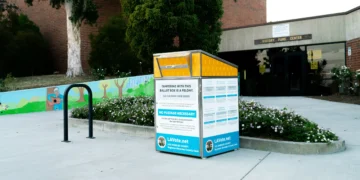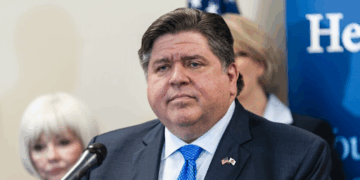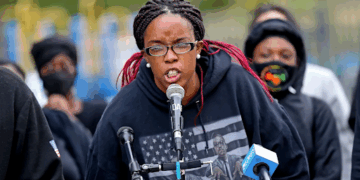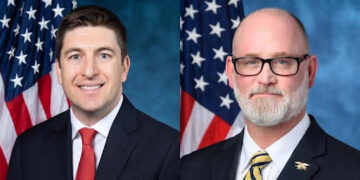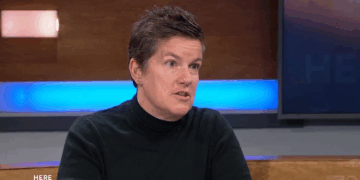The escalating cost of college tuition has increasingly impacted students from lower-income families, prompting universities to implement programs aimed at mitigating these financial barriers. However, despite these efforts, the rising expense of higher education is outpacing the effectiveness of current funding solutions.
In 2018, the University of Wisconsin-Madison introduced Bucky’s Tuition Promise, a program designed to cover tuition costs for students from households earning $65,000 or less. This initiative was a step toward making college more affordable for low-income families and was later expanded system-wide as the Wisconsin Tuition Promise and the Milwaukee Tuition Promise, according to Wisconsin Public Radio.
Despite their successes, these programs face significant funding challenges. The Wisconsin Tuition Promise, initially launched with a household income threshold of $62,000, was discontinued for the 2024-25 school year due to budget shortfalls. This decision reflects a broader issue: the current funding is insufficient to cover the growing number of eligible students. Although the program is set to resume in 2025 with a lower income threshold of $55,000, this reduction highlights the gap between the promise of affordability and the reality of rising costs.
Similarly, the Milwaukee Tuition Promise supports students from families earning under $62,000 annually. However, as tuition costs continue to rise, even these programs struggle to keep pace. The program’s effectiveness is limited by the available budget, which combines operating funds with private donations, but still falls short of addressing the full scope of financial need.
University of Wisconsin System President Jay Rothman has called for increased legislative support, emphasizing the need for a sustainable approach to funding that keeps pace with rising tuition costs. The current budget proposal includes a request for an $855 million increase to support these promise programs, but previous legislative sessions have not approved such funding, leaving the programs vulnerable. Rothman did not disclose how the University would improve affordability.




